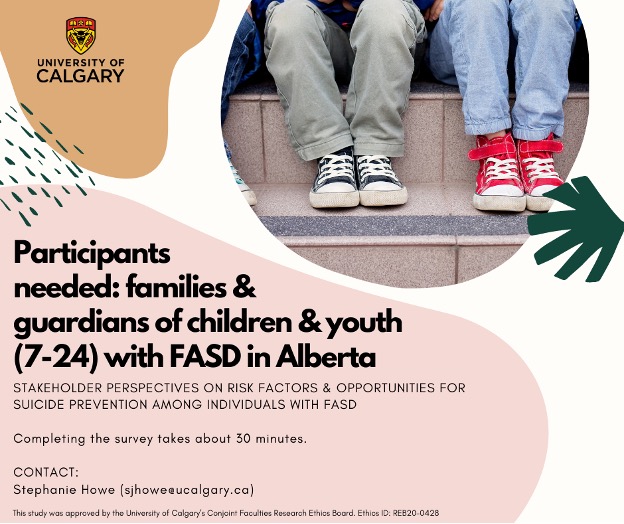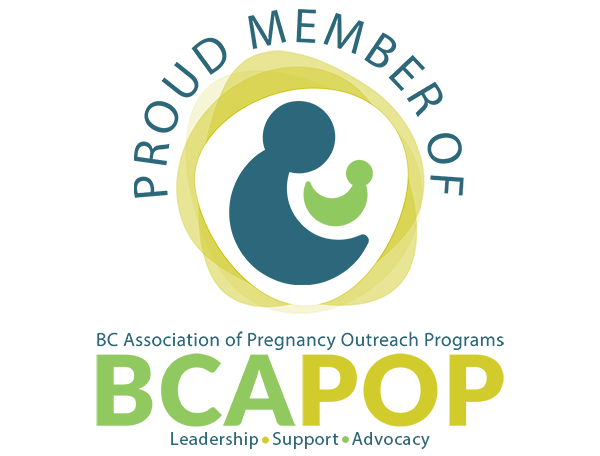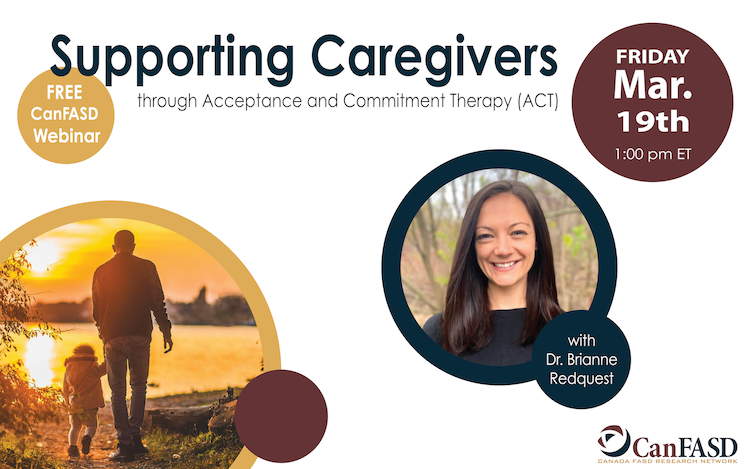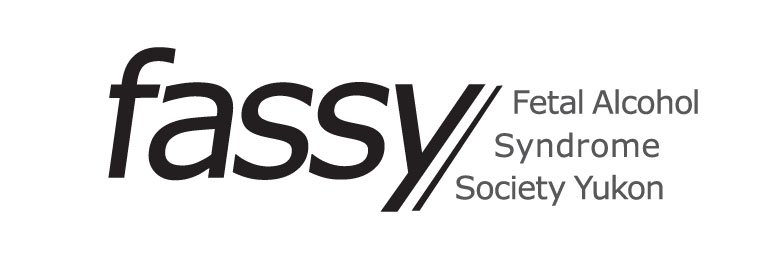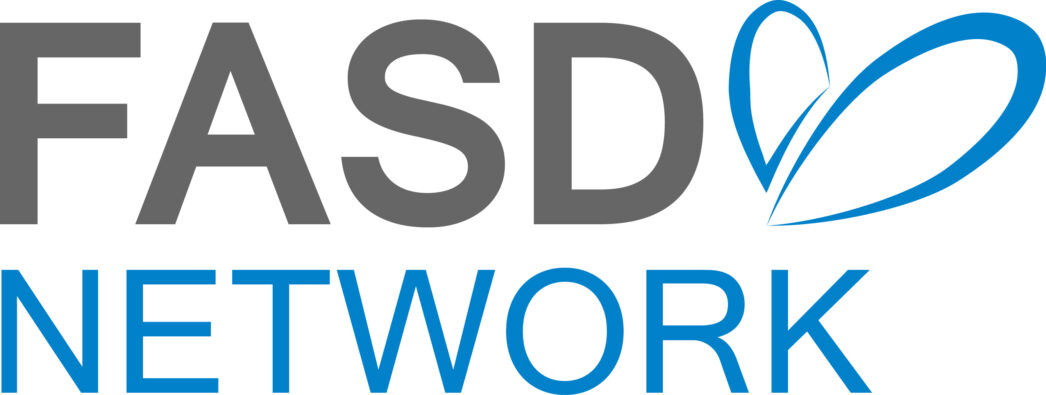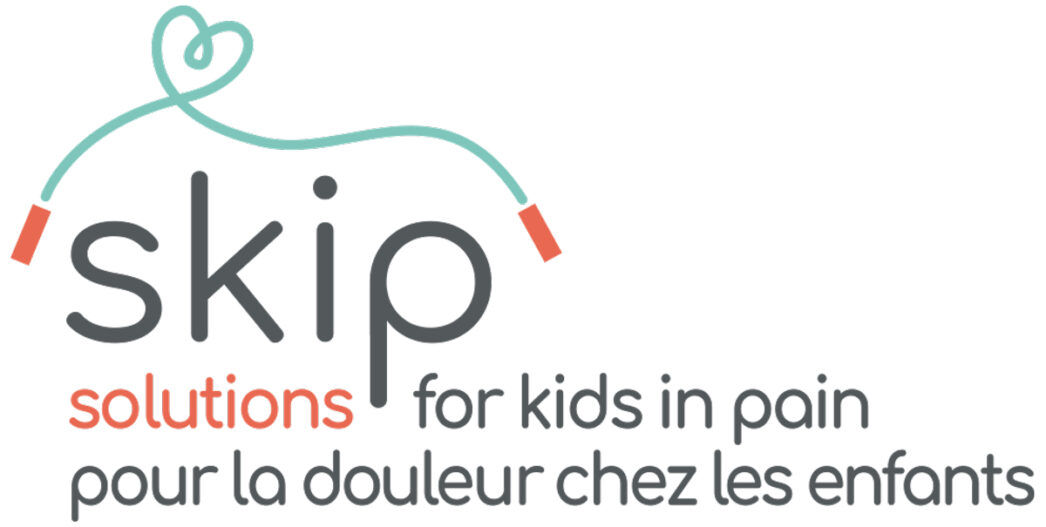Rates of mental health challenges and suicide are disproportionately high for people with fetal alcohol spectrum disorder (FASD). Researchers from the University of Calgary are working on a new project to understand the risk factors and opportunities for suicide prevention among youth with FASD.
Understanding FASD and sexual behaviour
Without proper support, individuals with FASD can face a variety of difficulties. According to some caregivers, one especially concerning challenge relates to sexual behaviour. There is preliminary research to support these reports, suggesting that some individuals with FASD are at a higher risk of being involved in, and being the victim of, problematic sexual behaviour.
BCAPOP launches the Pregnancy Hub
The BC Association of Pregnancy Outreach Programs (BCAPOP) is a registered charity that supports best-practice care for pregnant, postpartum & newly parenting people and their infants in British Columbia and beyond.
New Webinar: Supporting Caregivers
We will be hosting a new webinar with Dr. Brianne Redquest, our 2021 Dr. Sterling Clarren FASD Research Award winner, on March 19, 2021 at 1:00 pm Eastern Time.
Dear Mr. C. – A Letter to my Teacher
This letter had a big impact on K’s situation. Not only did it help her feel better and more empowered to share her story, but her teacher also made changes to improve the classroom environment.
FASSY celebrates 25 years of service
As a result of the COVID-19 pandemic there was no public event but FASSY celebrated internally with balloons and cupcakes. “We are celebrating quietly but we are extremely proud of our accomplishments,” says Wenda Bradley, Executive Director.
Announcing the 2021 Sterling Clarren Award recipient!
We are excited to announce that this year’s recipient for the Dr. Sterling Clarren FASD Research Award is Dr. Brianne Redquest for her research on understanding and reducing stress in caregivers of individuals with FASD.
Spotlight on Service Providers: The FASD Network
This post is part of our new Feature Friday series called Spotlight on Service Providers. Over the next year, we will be featuring organizations and initiatives across Canada that provide much-needed supports and services for individuals with FASD and their families. Who We Are In Saskatchewan, a group of dedicated parents came together to form the FASD Network (the … Read More
Top FASD Research Articles of 2020
Every January CanFASD does a literature search for research that was published within the previous year. This year the search revealed over 400 articles published on FASD in 2020.
Feature Friday: Solutions for Kids in Pain (SKIP)
Written by Dr. Katie Birnie I was thrilled to host CanFASD’s webinar on Pain as Experienced by People with FASD in November 2020 in my role as Assistant Scientific Director of Solutions for Kids in Pain (SKIP). SKIP is a knowledge mobilization network based at Dalhousie University, co-directed by Children’s Healthcare Canada, and funded by the Networks of Centres of Excellence … Read More

